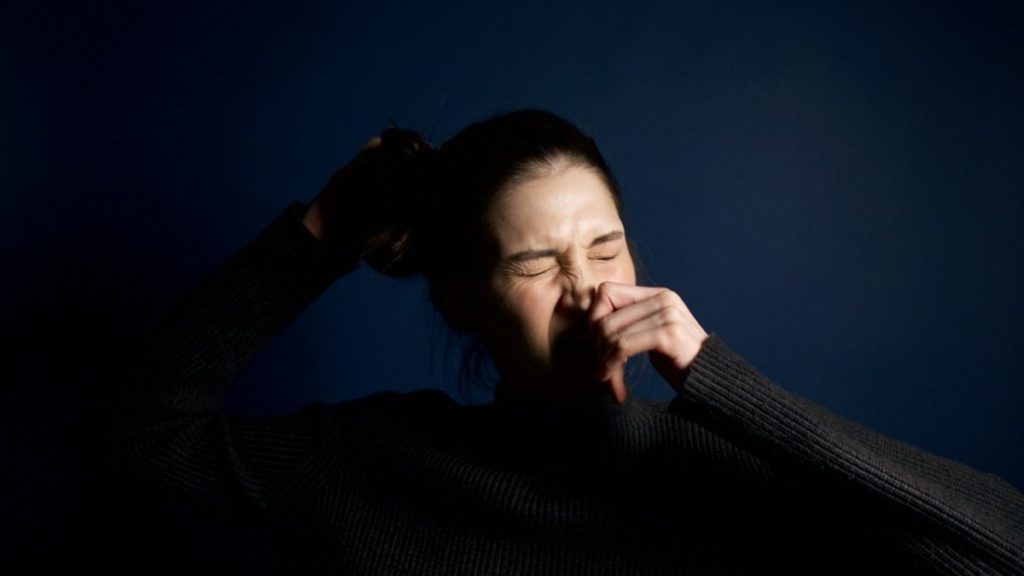Tips for Using a CPAP Machine if You Have Nasal Congestion

Nasal congestion makes it harder to breathe freely, particularly while you sleep. This is especially true for people who suffer from sleep apnea. Seasonal allergies and colds can cause a lot of mucus to develop, which can further exacerbate the issue and cause you to gasp for air at night. Fortunately, there are ways to make the symptoms far more manageable.
A modern Transcend CPAP machine promises to make your everyday life more enjoyable, and some units even feature a built-in heated humidifier. When resting in your bed, the warm air will help prevent dryness and your nasal irritation and congestion will not be nearly as troublesome. Here are some tips for using a CPAP machine while you have nasal congestion.
Adjust the Temperature Setting When Necessary
Some CPAP users have experienced the issue of running out of water before they wake up in the morning, and their nasal problems can continue to worsen as the night goes on. Elevated temperatures will cause excess condensation to develop. Lowering the heat setting will help prevent this problem. If you notice a wet mist of your face, this is a key indication you need to dial down the temperature. Also, consider using a CPAP tubing cover to further reduce condensation. After making these small changes, you can look forward to enjoying far better sleep quality.
Keep Your CPAP Machine Clean
You definitely don’t want to complicate your nasal congestion. Develop a habit of emptying the device’s water chamber every morning. This simple step will help deter the growth of bacteria. Regular dishwashing liquid can be used to rinse away germs, and a solution of water and vinegar can also be used to break down mineral deposits that build up the chamber. Remember, never make the mistake of using harsh household products like bleach. You can also purchase a mask and accessory cleaner to thoroughly and easily clean your CPAP machine accessories.
Opt for a Full-Face CPAP Mask
Many sleep apnea suffers enjoy using nasal pillows. They like the extra sense of freedom. However, an advanced CPAP mask may prove to be a better option. It’s ideal for people who are having a difficult time breathing through their nose.
Consider Medication
There are plenty of medications available to reduce nasal congestion. If antihistamines cause you to feel a bit too drowsy, try natural solutions such as a saline spray. It’ll help open up the airways and deter the buildup of mucus. Make sure to check with your doctor before taking any medication during CPAP use.
Don’t allow nasal congestion to impact the effectiveness of your CPAP machine. Once you develop a good daily routine, expect your sleep quality to improve greatly.
